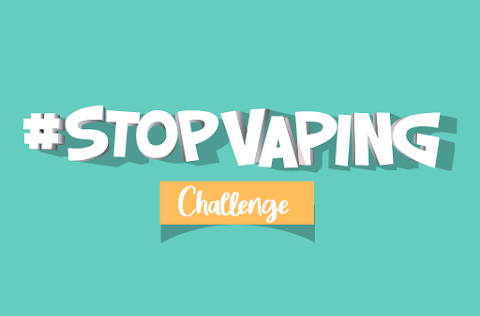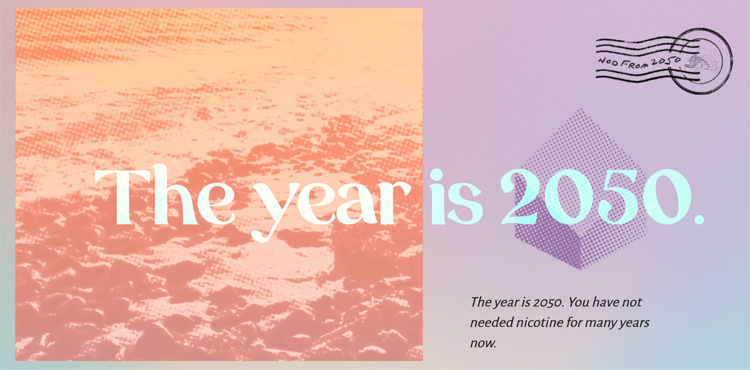Abstract
Support for a public health approach to cannabis policy as an alternative to prohibition and criminalization is gaining momentum. Recent drug policy changes in the United States suggest growing political feasibility for legal regulation of cannabis in other North American jurisdictions. This commentary discusses the outcomes of an interdisciplinary policy meeting with Canadian experts and knowledge users in the area of substance use interventions. The meeting explored possibilities for applying cross-substance learning on policy interventions for alcohol, tobacco and cannabis, towards the goal of advancing a public health framework for reducing harms associated with substance use in Canada. The meeting also explored how the shift in approach to cannabis policy can provide an opportunity to explore potential changes in substance use policy more generally, especially in relation to tobacco and alcohol as legally regulated substances associated with a heavy burden of illness. Drawing from the contributions and debates arising from the policy meeting, this commentary identifies underlying principles and opportunities for learning from policy interventions across tobacco, alcohol and cannabis, as well as research gaps that need to be addressed before a public health framework can be effectively pursued across these substances.
Author(s): Maritt Kirst, Kat Kolar, Michael Chaiton, Robert Schwartz, Brian Emerson, Elaine Hyshka, Rebecca Jesseman, Philippe Lucas, Robert Solomon, and Gerald ThomasDate: November 2015
Type of Publication: Journal Article


 Download directly from your phone’s app store, or through the following links:
Download directly from your phone’s app store, or through the following links: 




